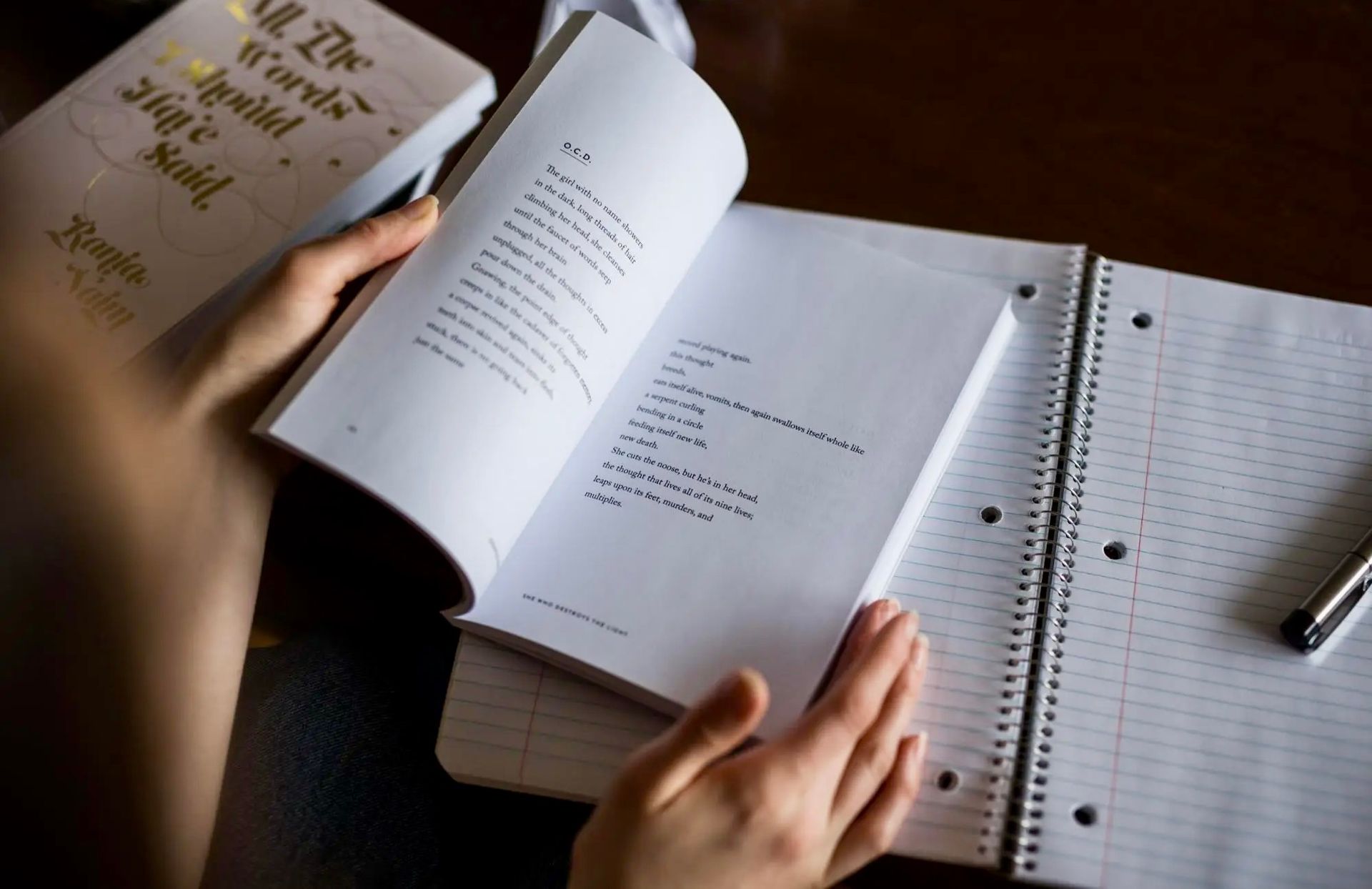Wednesday Workshops
May 31, 2025
Sign up for blog updates!
Join my email list to receive updates and information.

New Zoom workshops in writing healing poetry
For the past three years, I’ve been guiding patients and caregivers in writing poetry to ease the emotional trauma of cancer diagnosis and treatment. Growing out of this work, I’ve launched fee-free Zoom workshops for anyone interested in making use of healing poetry.
This is not so much an “academic” program as a contemplative one. A safe place to share without critique in an encouraging group environment. Not how to write better, but writing to feel better. And, of course, I do this on a volunteer basis.
Last week I held the first of these “healing verses” programs.
How was the initial session? Well, a woman who identified herself as a grandmother wrote what she said was her very first poem. She wasn’t even sure if it could be called a poem.
It was so sweetly compelling and laden with love that I suggested she give it to her children and grandson so they can come back to it again and again to rekindle her memory after she’s gone.
“Yes,” I said, “I would most certainly say it is a poem!”
In my classes at the American Cancer Society’s New York City facility, Hope Lodge,
we’ve found that poetry can be easy, beautiful, and uplifting.
I've conducted these sessions at Hope Lodge for the past three years for patients from outside the area who are in Manhattan for treatments at the city’s oncology centers, like Memorial Sloan-Kettering. I’ve also led day-long programs at retreat centers to guide participants in writing poems to ease emotional trauma of every kind: grief, rupture of a relationship, illness, and more.
My approach to healing poetry is based on the proven Expressive Writing protocol developed by Dr. James Pennebaker. At the University of Houston, he demonstrated that self-reflective writing about pent-up emotions can lift their burden, enabling the writers to find strength in their own words and thereby gain a new sense of control.
His methods have been replicated more than two thousand times and have become an academic pursuit in their own right.
The Wednesday Workshops have a one-hour format:
• Reading and discussing a healing poem
• Time for participants to draft their own poem
• An “open mic” period to read their work if they want to
I’ll hold these workshops starting at 7 P.M. every other Wednesday. Participants may invite any family or friends who might benefit from exploring how poetry can smoothen the rough edges of life.
In the first program last week, we looked at how Lebanese-American poet Kahlil Gibran and Langston Hughes, a leader of the Harlem Renaissance, faced up to fear by writing poems.
To join our next session on June 11, all you have to do is click this link, and you’ll find my smiling face. I promise, my workshops won’t be like this:
After English Class
By Jean Little
I used to like “Stopping by Woods on a Snowy Evening.”
I liked the coming darkness,
The jingle of harness bells,
Breaking—and adding to—the stillness,
The gentle drift of the snow . . .
But today, the teacher told us what everything stood for.
The woods, the horse, the miles to go, the sleep—
They all have “hidden meanings.”
It’s grown so complicated now that,
Next time I drive by,
I don’t think I’ll bother to stop.
